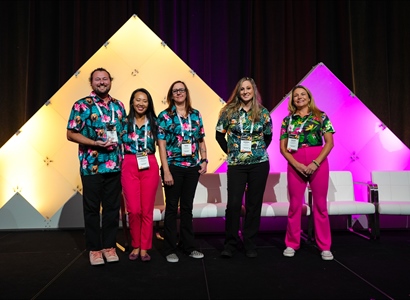Podcast

Podcast

Cautious Optimism: Key Data’s Read on the 2026 Vacation Rental Market
11/24/2025
Melanie Brown, vice president of data insights at Key Data, joins the podcast to unpack Key Data’s Vacation Rental Industry Outlook 2026—a survey of nearly 250 US property managers that reveals what operators expect in the year ahead. According to Brown, sentiment has finally shifted toward “cautious optimism,” with most managers anticipating flat to modest gains in ADR, demand, and revenue per unit. But optimism isn’t replacing realism: staffing shortages, revenue pressures, and tightening regulations remain top concerns heading into 2026.
Read More